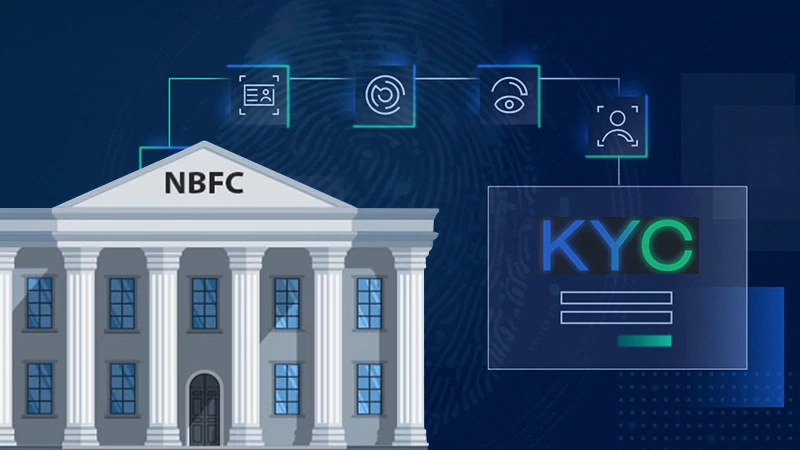How to Raise Credit Score When You’re Single
If you’re not employed nor married, I believe you are curious how to raise your credit score when you’re single. It’s one of the many questions we are seeing online and we’re going to discuss it today.
There are different ways in order for you to increase your credit score without being stressed about it in the first place.
But first, what is a credit score and credit report?
Your credit score plays a huge role if you’re applying for a loan or for a credit card. If it’s on the negative side, it would be a tough battle to get approved by a private licensed money lender tampines for a mortgage loan or an auto loan.
Your credit score is based on the following:
- 35% payment history. If you’re a late payee, then you should expect that 35% of your credit score would depend on your late payments.
- 30% amount owed. It is your credit utilization rate. How much do you owe for this year? You would like to check your credit history so you’d be mindful of what’s going on this part of your finances.
- 15% length of history. How long have you had that credit? New accounts are risky compared to older accounts. Older accounts means they have been there for long and are already consistent.
- 10% how many types of credit. Be mindful on how many credits are open as it would be a good indicator that you have different types of credit especially if they are paid on time.
- 10% account inquiries. Inquiries for employment (soft inquiry) and mortgage loan, auto loan, or personal loan inquiry (hard inquiry).
But what is a credit report?
A credit report consists of…
- Your basic information
- List of all active credit accounts that you have
- Credit history (how much have you paid, whom have you paid, if you have late payments it will show here)
- Amount loans
- Credit inquiries (who inquired whether it’s an employer in your previous loan company or a moneylender)
The usual credit score ranges from 300 to 850.
The higher credit score you have, the better is your status.
- 850-800. Obviously, the highest credit score you could ever have. This means that you are already qualified to get a mortgage loan or a loan for home renovation without any further questions upon seeing your credit report.
- 799-740. Not the best of the best but you can already get great offers especially on interest rates if you have this score.
- 739-670. This score range is good but not that great. If you have unclosed accounts, consider closing them down and consolidate your loans so you can move this score up.
- 669-580. Once you get this score, you should start to worry. If you get this, you will be labeled as a ‘subprime’ borrower which means you need to pay close attention to your payment terms as you won’t be able to enjoy cool rates from any lender or credit applications.
- 579-300. On this range, you would likely not be approved for any loan considering your credit score. If ever you got into this part of your credit life, you should find a non-profit credit counselor that can help you do something about it.
See the following and practice them diligently so you will be able to enjoy everyday without worrying about your finances.
- NEVER remember DUE dates, but REPORT dates.
- One of the mistakes we are making every time we pay our bills is that we only get mindful of the due dates, but the thing is, what we should pay attention to is their report date. Report dates is when they send the information about your account with them to the three credit bureaus. And if it’s being sent to the three credit bureaus and you haven’t made a payment yet, that will hurt your credit score.
- Get your annual credit reports and make sure to audit them.
- You are entitled to an annual credit report where you can see when you have been late for a payment or how much is your balance and how are you paying monthly. If there’s an issue or mistake when you audit it, make sure to file a dispute and have it corrected.
- Always PAY your bills ON TIME.
- This would be the most unpopular advice here, but being late in any circumstances has a negative impact on every aspect. Being late on payments can definitely hurt your credit score. But please, remember report dates over the due dates. If you can pay before the report date, it’s better.
Follow Us
Latest Post
















